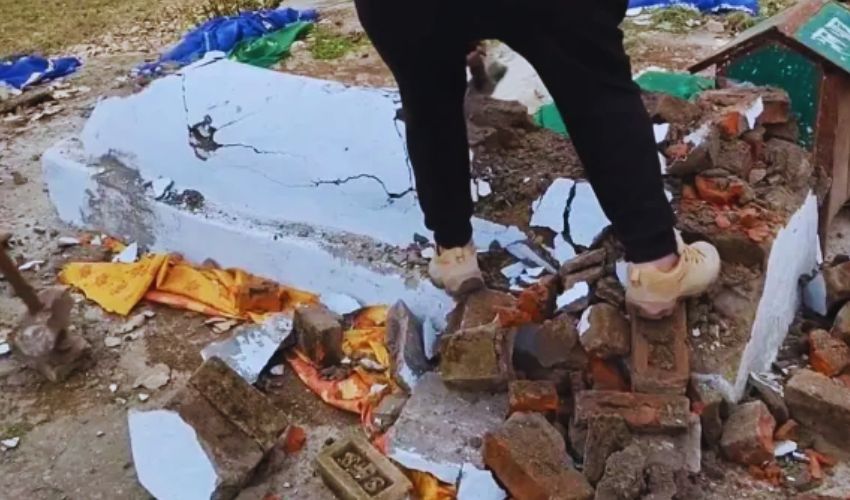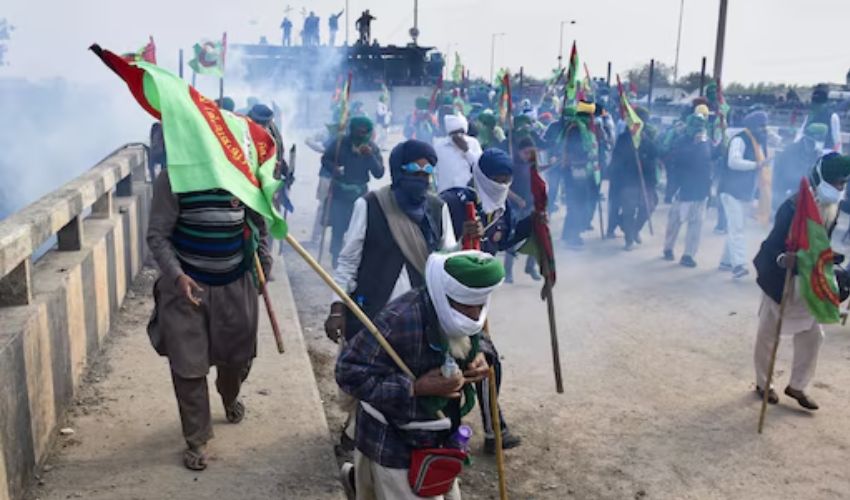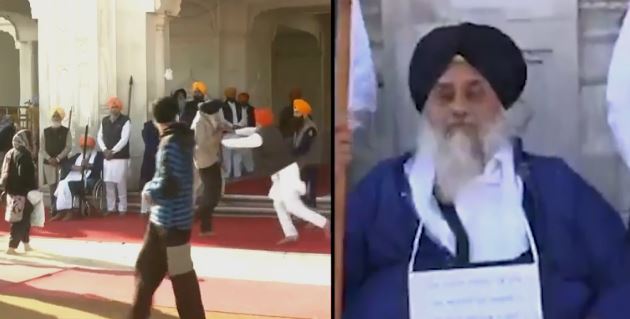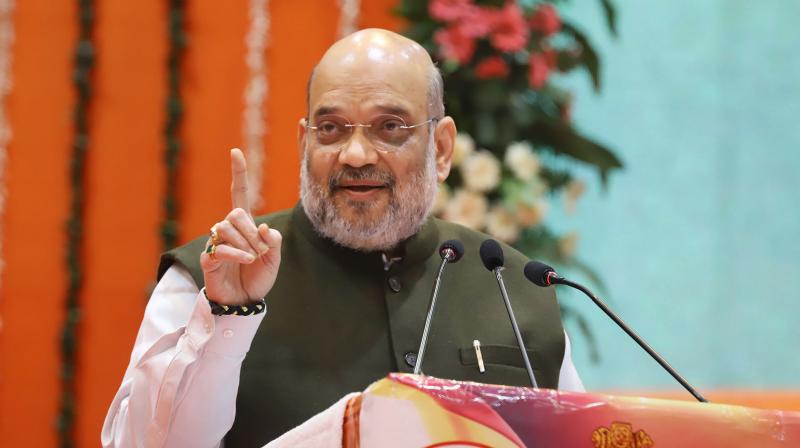In a deeply troubling incident that has raised concerns about religious extremism and intolerance in India, a holy shrine in the state of Uttarakhand was demolished by a mob during the Dev Bhoomi Raksha Abhiyan.
The incident has added to the growing unease among minorities in the country, particularly the Muslim community.
This latest episode is part of a broader pattern of desecration and destruction of Muslim holy places in India over the years, with the situation intensifying since 2014 when Narendra Modi came to power.
Rise of extremism since 2014
Since Narendra Modi assumed office in 2014, there have been mounting concerns about extremism targeting Muslims in India. Millions of innocent Muslims have found themselves caught in the crosshairs of this rising extremism. More than a thousand mosques and other holy places have been targeted, deepening the sense of insecurity within the Muslim community.
Desecration of holy places
The desecration of Muslim holy places is not a new phenomenon in India, as it has persisted for decades. Recent years have seen a significant surge in the demolition of mosques and shrines, further straining communal relations.
The destruction of the holy shrine in Uttarakhand is a stark illustration of this distressing trend.
Uttarakhand Incident
During the Dev Bhoomi Raksha Abhiyan in Uttarakhand, a mob wielding hammers and bulldozers descended upon a holy shrine, reducing it to rubble.
The motivations behind such attacks are multifaceted, with some analysts suggesting they are aimed at consolidating support for the Bharatiya Janata Party (BJP) by gaining favor with extremist Hindu factions.
In the face of these distressing events, there are growing calls from various quarters for unity, tolerance, and dialogue among India's diverse religious communities.
Many leaders and activists are emphasizing the importance of respecting each other's religious sentiments and maintaining the country's cherished tradition of religious pluralism.
As the 2023 Indian elections approach, it is hoped that political leaders will prioritize national unity and social harmony over divisive rhetoric and actions that threaten the peaceful coexistence of India's various communities.



























